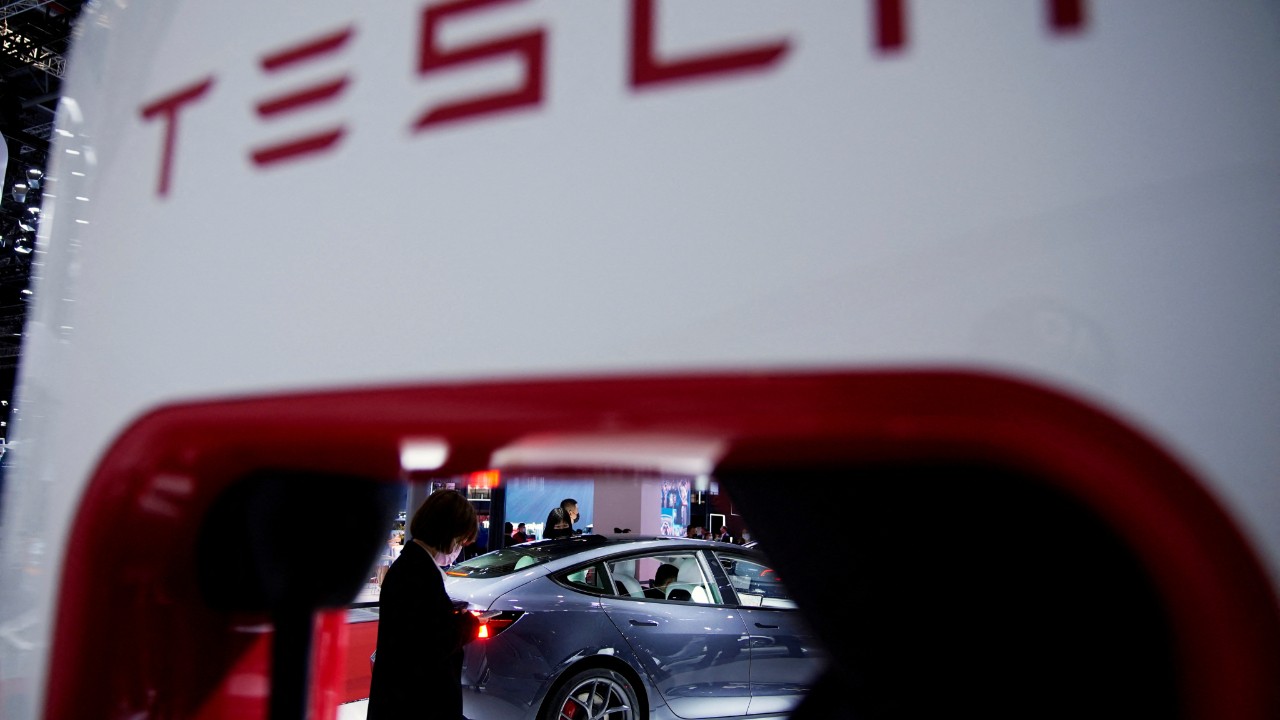Tesla continues to dominate the electric vehicle sector
Tesla, one of the biggest names in the electric vehicle market, had a very successful period also in September.

In a monumental development, electric vehicle (EV) exports from China witnessed a substantial 107% surge year-on-year, achieving a volume of around 91,000 units in September. Tesla took the lead in this impressive boost, exporting 30,566 units from its Shanghai production base, according to data from the China Passenger Car Association (CPCA).
Tesla was closely trailed by BYD and SAIC, exporting 28,039 and 12,678 units respectively, reflecting the fiercely competitive nature of the Chinese EV market. Other notable contributors were Geely and Smart, a collaboration between Geely and Daimler, which exported 5,026 and 2,146 EVs respectively to overseas markets. Xpeng Motors, meanwhile, marked its entry on the export chart this year with 766 EVs in September.
Simultaneously, the car sales in China saw a 4.7% rise compared to the same period last year with 2.04 million passenger vehicles being sold in September, as per official data from CPCA. New energy vehicles (NEVs) were a significant player in this scenario, making up 36.6% of total car sales, marking a 22.1% uptick from last year.
Tesla continues to dominate the electric vehicle sector
September, which usually observes robust car sales due to the confluence of the Mid-Autumn Festival and National Day holidays, witnessed an additional boost from a decline in the property market. As investments in real estate dwindled, consumers pivoted towards auto purchases, propelling the auto industry.
Although Tesla has been leading the charge in the EV market, its market share in China’s EV segment slightly fell to 9.89% in the third quarter from 12.98% in the preceding quarter and 9.93% a year before. Nevertheless, its performance continues to be sturdy. BYD achieved a noteworthy milestone, selling an unparalleled 287,454 NEVs in September. Likewise, Li Auto saw a massive expansion, delivering 36,060 vehicles, which translates to a remarkable 212.7% year-on-year growth.
Cui Dongshu, the Secretary-General of CPCA, shed light on the changing consumer mood. He observed that even the deceleration in China’s economy didn’t suppress the enthusiasm for buying cars. Instead, a discernible trend was noted where people were prioritizing car purchases over property investments. This inclination, alongside the spike in electric vehicle exports, emphasizes the shifting dynamics in China’s auto industry, wherein electric vehicles are progressively becoming pivotal to market expansion and competitiveness.
 The most anticipated feature of Redmi K70 is determinedMobile
The most anticipated feature of Redmi K70 is determinedMobile






